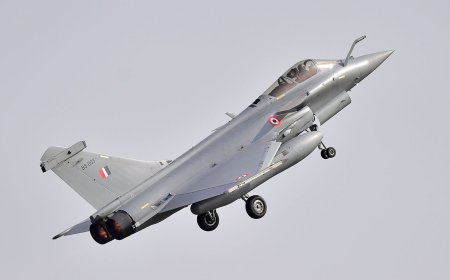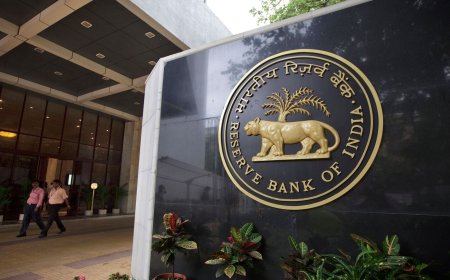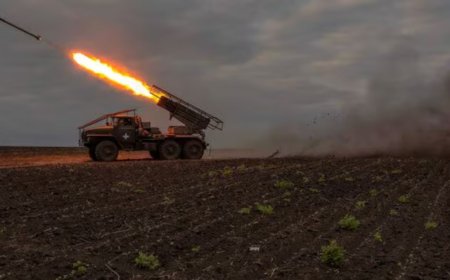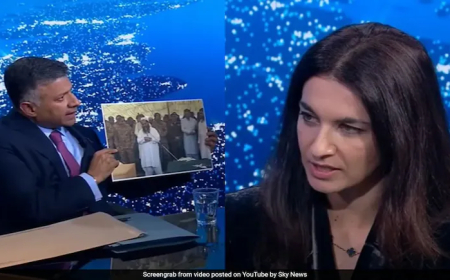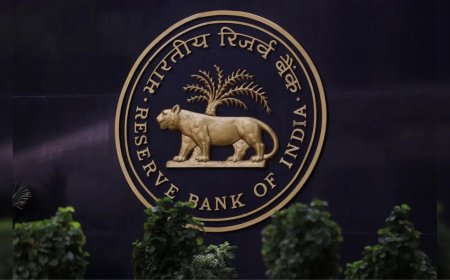Iran’s humiliation nukes the foundation of non-proliferation treaty
Iran’s fallout with the West and recent nuclear escalations may unravel the Nuclear Non-Proliferation Treaty (NPT).
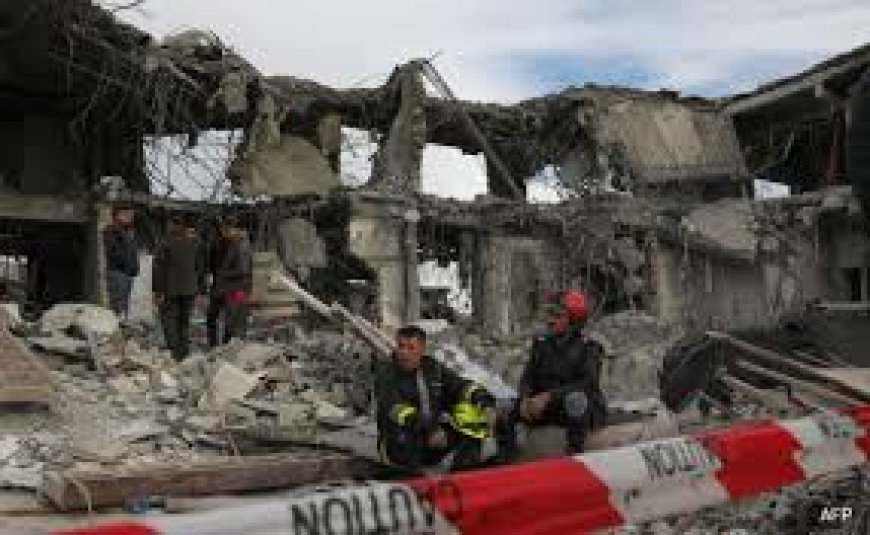
Tehran’s Response to Global Pressure and the Erosion of NPT Norms
The long-standing Nuclear Non-Proliferation Treaty (NPT), once hailed as a cornerstone of global nuclear disarmament, is facing a grave crisis as Iran’s continued marginalization and strategic isolation appear to have triggered a dangerous recalibration in Tehran’s nuclear posture. What was once a framework binding nations to avoid the spread of nuclear weapons is now being questioned for its effectiveness and relevance, with Iran’s latest retaliatory steps sending ripples through diplomatic, security, and investor communities.
Turning Point: Iran’s Isolation Deepens
Tensions between Iran and the West, particularly the United States and its European allies, reached a new low after years of sanctions, diplomatic breakdowns, and a failure to revive the Joint Comprehensive Plan of Action (JCPOA). Tehran has repeatedly claimed it has upheld its commitments, while the West accuses it of covertly expanding uranium enrichment beyond peaceful thresholds.
The recent revelation that Iran has amassed highly enriched uranium close to weapons-grade purity, combined with its decision to deny access to IAEA inspectors, has sent a stark signal. According to a senior Iranian official quoted by Fars News Agency, “The Islamic Republic has no intention of being the only country to comply with an agreement that others ignore at will.”
Collapse of the Global Non-Proliferation Consensus?
The NPT was designed around three key pillars: non-proliferation, disarmament, and peaceful use of nuclear energy. Iran, a signatory since 1970, had long cited the treaty to defend its nuclear program as peaceful. However, the sustained economic sanctions, assassination of key nuclear scientists, and increasing military threats have led many in Iran’s leadership to question the value of restraint.
Dr. Reza Moini, a former Iranian diplomat turned analyst, told Al-Monitor, “Iran's humiliation on the global stage — through military encirclement, sanctions, and diplomatic betrayal — has pushed the country into a survivalist doctrine. The NPT is now viewed not as a security guarantee but a trap.”
The Domino Effect: What Could Follow
The implications of Iran distancing itself from NPT obligations are grave. If Tehran exits or significantly violates the treaty, other regional powers—such as Saudi Arabia, Turkey, and Egypt—might reassess their own nuclear ambitions.
Michael Elleman, a senior fellow at the International Institute for Strategic Studies (IISS), said, “This is the most serious blow to the NPT since North Korea’s withdrawal. If Iran goes nuclear, the Middle East could become a multi-nuclear region within a decade.”
The Middle East, already destabilized by proxy wars, ideological rivalries, and sectarian tensions, could see an arms race with unprecedented consequences for regional and global security.
Market Impacts: Oil, Risk Assets, and Defense Stocks
The geopolitical tremors are already being felt in global markets. Oil prices spiked nearly 4% on the announcement of Iran’s latest nuclear escalation, with Brent crude crossing $89 per barrel. Analysts anticipate further volatility if tensions escalate, particularly if Israel or the U.S. considers preemptive strikes on Iranian facilities.
Defense stocks have also surged amid heightened risk. U.S.-based Raytheon Technologies and Lockheed Martin saw gains of 2.1% and 1.8%, respectively, on Friday. In parallel, gold prices rallied, breaching the $2,400/oz level, driven by increased demand for safe-haven assets.
Ravi Menon, a geopolitical risk advisor at Nomura, noted: “Markets are pricing in a Middle East flashpoint risk premium. Iran’s nuclear pivot could trigger realignment in regional alliances, higher military spending, and a prolonged period of market uncertainty.”
Investor Outlook: Caution Ahead
From an investment perspective, the erosion of NPT credibility introduces new global risks. Energy investors are bracing for supply chain disruptions, especially in the Strait of Hormuz—a strategic chokepoint through which nearly 20% of global oil passes.
Meanwhile, ESG-focused investors are reevaluating holdings in companies linked to weapons manufacturing, while sovereign bond investors are factoring in increased credit risk for Middle Eastern economies exposed to geopolitical shocks.
While no direct military confrontation has been triggered yet, the tone of international diplomacy is hardening. The U.S. and EU have vowed to bring new UN sanctions if Iran refuses to comply with IAEA inspections. Iran, however, remains defiant, with Supreme Leader Ayatollah Khamenei stating that “Iran will determine its own destiny, not Washington or Brussels.”
A Precarious Future for Global Non-Proliferation
The NPT is under unprecedented stress. Iran’s disillusionment with the treaty and the global community could set off a chain reaction that may undermine decades of nuclear restraint. As strategic ambiguity returns to the Middle East, world powers must act swiftly to renew dialogue and ensure the treaty's integrity—or risk watching a key pillar of global security disintegrate.
What's Your Reaction?
 Like
0
Like
0
 Dislike
0
Dislike
0
 Love
0
Love
0
 Funny
0
Funny
0
 Angry
0
Angry
0
 Sad
0
Sad
0
 Wow
0
Wow
0





























































